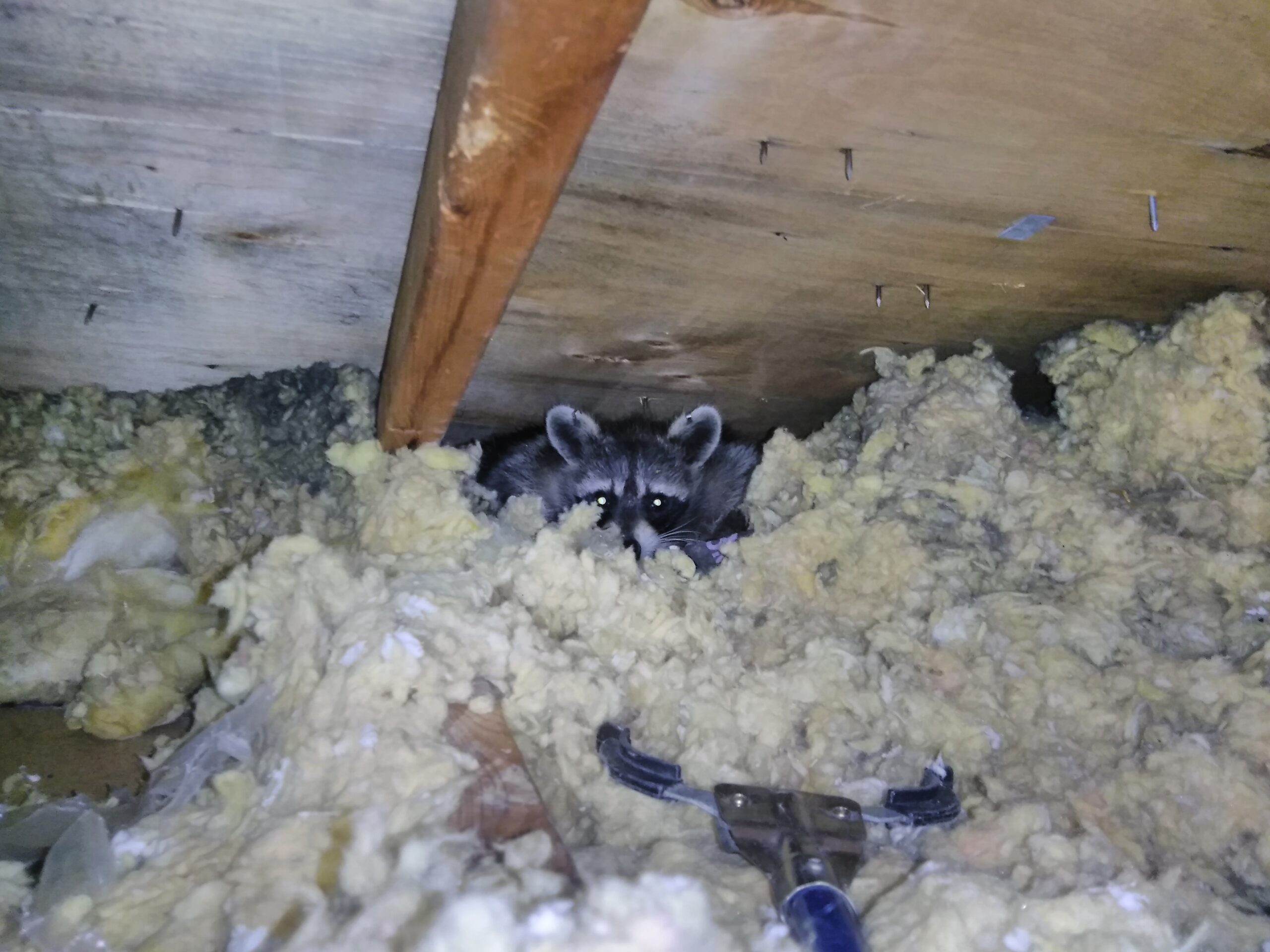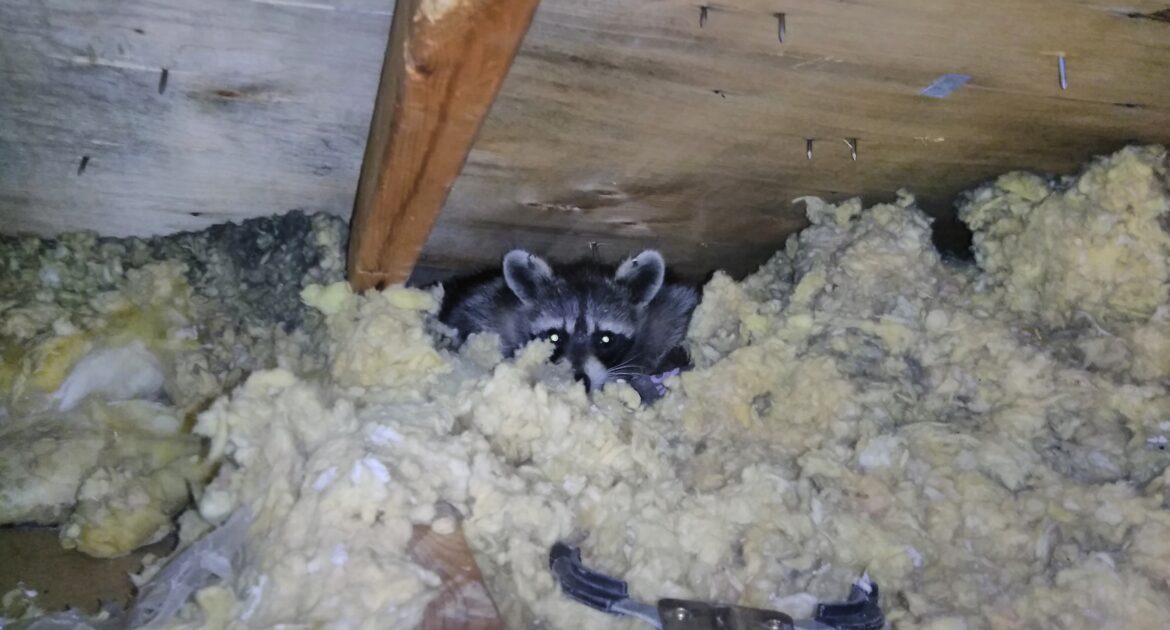Raccoons may look like cute, furry little bandits, but they are extremely territorial and can be aggressive when threatened. These creatures are typically solitary, and they frequently mark their territory to deter other raccoons. If a raccoon thinks of your backyard as part of its territory, you may start to notice strong smells from where the creature is marking its territory to deter other raccoons. Here’s what you need to know about how a raccoon marks its territory.
Feces and Urine
One of the ways raccoons mark their territory is by creating latrines. Raccoons are one of the cleanest species of wildlife, and they actually choose specific areas to defecate and urinate. Several raccoons with overlapping territories may use the same latrines. You can usually find these spots along trails or hidden in your backyard. If you notice raccoon feces in your yard, you’re most likely looking at a latrine. You probably have a raccoon living in your backyard and will need to learn to co-exist peacefully.
Rubbing Their Butts On Places They Want To Claim
Raccoons secrete strong smells from their anal glands. They rub their butts against items such as trees and rocks to leave their unique scents behind and let other raccoons know that the territory is already spoken for. It may not always keep other raccoons away, but it will at least advertise that there is already one furry bandit in the area.
What You Can Do To Deter Raccoons
If you’ve come across a raccoon latrine in your backyard, you want to get rid of it because raccoon feces could carry a lot of germs. Your best bet is to deter the raccoon from using the same spot to urinate or defecate. You can spray the raccoon with the water hose every time you see it, but because these animals are nocturnal, chances are good that you’ll be sleeping whenever the furry creature is out and about. You may find it easier to set up a motion-detected sprinkler that will spray the creature every time it detects movement.
You can also try covering the latrine in plastic wrap. Raccoons prefer to make their latrines in hidden areas that have plenty of textured terrains to grip. Plastic wrap is so slick that it will keep a raccoon from revisiting the latrine. However, it is important to know that raccoons will move latrines when they are full, so your visitor may just choose to use another spot in your yard for the same purpose. Once you’ve made the original latrine unattractive, you should take steps to make your backyard less appealing to raccoons. Try eliminating easy water and food sources and install motion-detected lights to keep raccoons out of your yard. Remember to keep in mind raccoon feces can be harmful to humans, which is why contacting professional wildlife removal experts is your best and safest option.
How Skedaddle Humane Wildlife Control Can Help
If you’ve noticed raccoon feces in your yard, you probably have one or more animals claiming your property as part of their territory. You should keep your distance from raccoons because they can be aggressive, and if you can’t find a way to co-exist with raccoons, you may need to hire a professional to remove the animals from your property. Skedaddle Humane Wildlife Control is here to help when you need wildlife control in Milwaukee.
We never want to hurt wildlife, or interrupt their relationship to the natural world. Technicians at Skedaddle Humane Wildlife Control can effectively deter raccoons on your property from moving closer to your home by sealing entryways and providing you with helpful tips. If you need help with a raccoon presence on your property l, contact us today to schedule an appointment.




